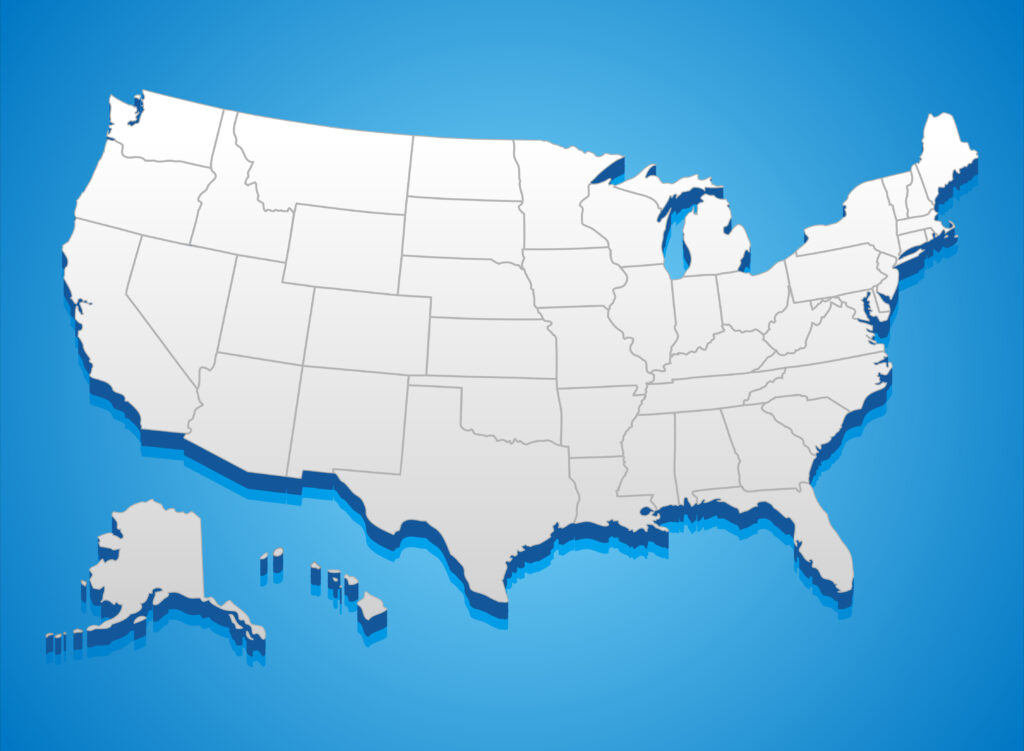Massachusetts’ Draconian Abortion Proposal
This is Issue 31 of the On Point Series.
Introduction
In the first few months of 2019, with the prospect of a Supreme Court that is more willing to defer to state judgments about abortion law, several states have moved to adopt statutes and/or constitutional amendments that enshrine abortion rights in state law. While these proposals[1] are advancing in states that do not presently have many meaningful protections for unborn children and their mothers, legislators and citizens should vehemently reject the elimination of virtually all state recognition of unborn children as human beings.
Massachusetts bills H. 3320 and S. 1209 would codify a right to abortion through nine months of pregnancy in Bay State law and repeal the state’s meager existing protections for unborn children and their mothers. However, because of a decision by the Massachusetts Supreme Judicial Court and the presence of an undefined health exception in the state’s viability law, abortion is essentially legal through all nine months of pregnancy in Massachusetts today.
The chart below compares current Massachusetts law to the law as it will stand if this legislation is enacted.
Here is a summary:
- Any mention of unborn children will be removed from the definitions, effectively removing their recognition as living humans.
- No restrictions will be permitted on abortions before 24 weeks post-implantation (around 27 weeks, LMP, that is from the estimated commencement of the last menstrual period); no bans will be permitted on specific procedures, telemedicine, abortion-inducing drug regimens, and more.
- Abortion providers can provide virtually any reason to justify abortions at or after 24 weeks. Further, there will no longer be a requirement for abortion providers to provide the justifications to anyone.
- No criminal penalties for performing abortion.
- No reflection requirements will be permitted prior to an abortion.
- Existing law encourages abortion providers to try to save both the lives of the mother and the viable unborn child by using a procedure that could lead to live birth. An explicitly listed requirement to accomplish this is to have life-supporting equipment present in the procedure room. These provisions will be repealed.
- Any abortion reporting will be subject to the will of the department of public health.
- A requirement that abortions after 13 weeks be performed in hospitals was repealed in 2018. This legislation also repeals the requirement that abortions at or after 24 weeks be performed in hospitals.
- The strongest informed consent provisions in the state’s current law are already enjoined. This legislation would also repeal parental consent requirements.
- Abortion will be covered under the state medical assistance program for uninsured women who do not otherwise meet criteria for the program and are at or below 200% of the federal poverty level.






Mary E. Harned, J.D. is an associate scholar for the Charlotte Lozier Institute.
[1] Proposals to enact statutes or adopt constitutional amendments that expansively permit abortion until birth and repeal existing limits and health standards for the procedure have been enacted, considered and rejected, or remain under consideration in at least: Illinois, Massachusetts, New Mexico, New York, Rhode Island, and Vermont.

























